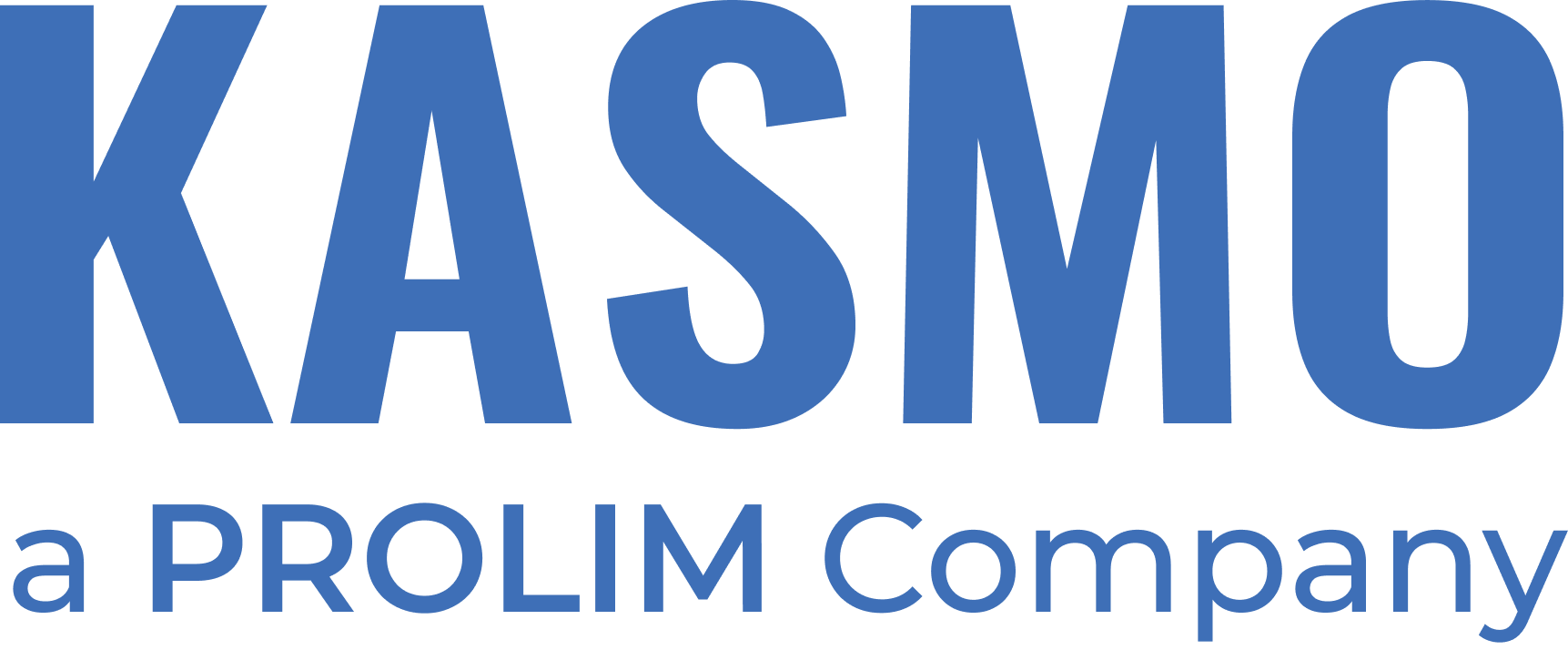The Salesforce universe is large, and selecting the right solution for your business can feel like a gargantuan task. Both Sales Cloud and Service Cloud are part of the Salesforce ecosystem. While the two have a handful of similarities between them, and a host of benefits, there are key differentiators that make it useful for very specific needs in an enterprise.
Let’s look at the definitions of the two:
Salesforce Sales Cloud
Salesforce Sales Cloud is an on-cloud Customer Relationship Management (CRM) platform that has often been dubbed as a be-all and end-all sales management helper. It allows you to regulate sales cycles, organize tasks, improve customer experience, and get detailed sales insights. It is specifically crafted to engage with potential and future customers through sales forecasting, account acquisition, contact, and opportunity management. This is a powerful tool to create and track revenue through the entire sales cycle, enabling users to manage customer relationships appropriately. It has a dashboard that allows sales agents to manage leads, contacts, and accounts.
Salesforce Service Cloud
On the other hand, Salesforce Service Cloud helps enterprises that sell services and products to manage customer service requests and escalations efficiently. This tool, built on Salesforce Customer 360, is meant for sales and service agents to gain insights related to customer service by providing a single platform for interaction. Service Cloud also offers chatbot features that can be used to sell personalized services or products, depending on the consumer’s purchase history.
Certain modules like Accounts & Contacts and Case Management are common pillars of both Sales Cloud and Service Cloud. The Accounts and Contacts module allows organizations to store the account and contact information of the key stakeholders in both Sales and Service Clouds. Similarly, Case Management is a module that focuses on solving customer problems. Though Sales Cloud is fundamentally all about closing deals through successful sales funnels, it has a case management module that allows sales executives some visibility of customer issues.
Which one will your enterprise need?
Larger enterprises with full-scale sales and customer service departments must choose both Sales and Service clouds since their specific functionalities are necessary for streamlined operations. To make a more informed decision about which Salesforce product is the right fit for your enterprise, talk to our consultants at Kasmo today.


